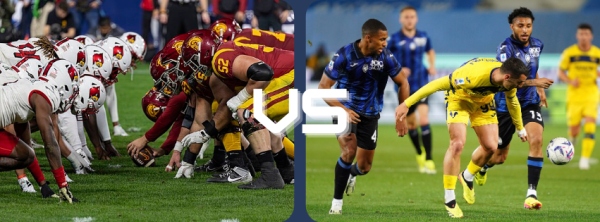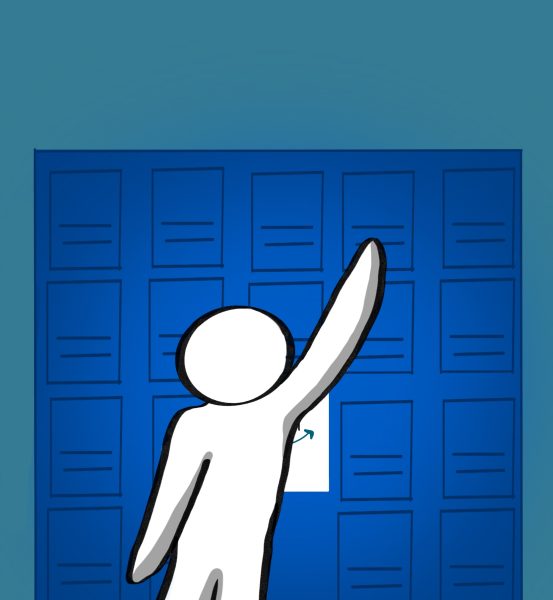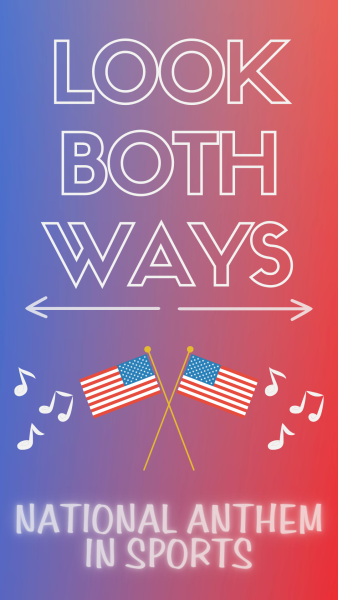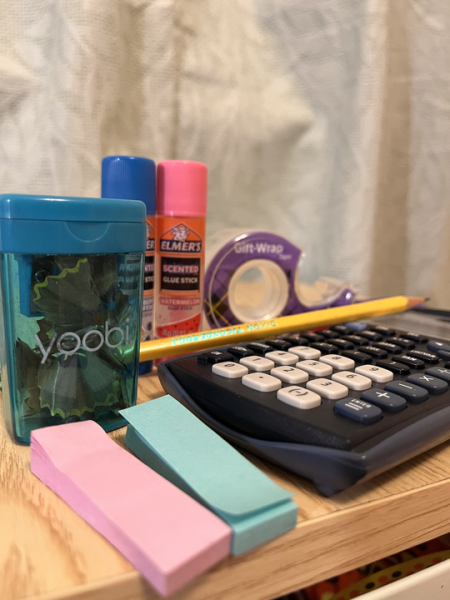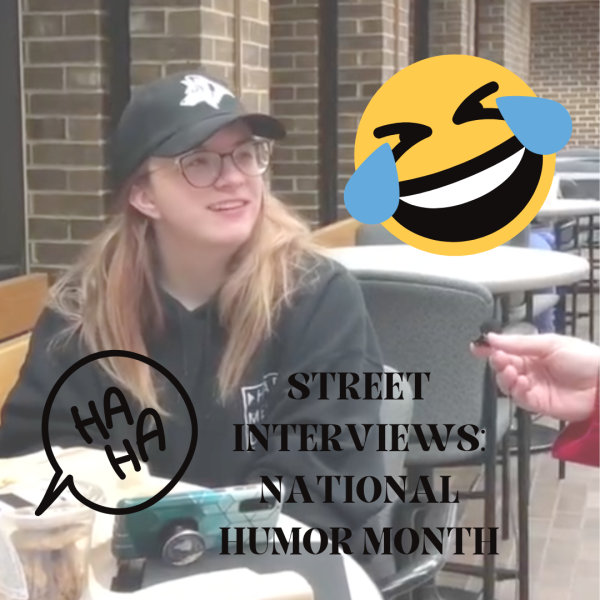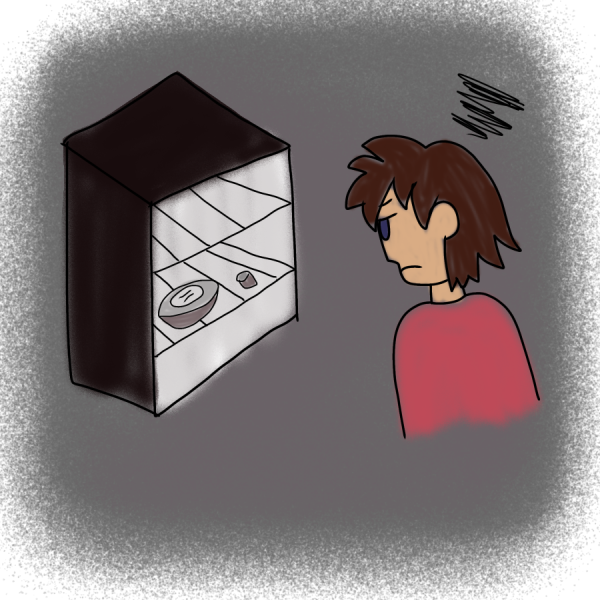Deleting your Facebook profile has social benefits
November 28, 2011
Oct. 5: A day that will remain in infamy. The decision I made this fateful day would fundamentally shift how I communicated with everyone in my universe. The choice I made was quite possibly the best thing that I have ever done since the Internet has existed: I left Facebook. Since then, I now know how unimportant I really am, what it means to be a Facebook friend and what real communication means to me in life.
When you log on to Facebook, you are competing. Mark Zuckerburg has essentially taken communication and made it into a game where people post things to achieve the highest commented videos, wall posts and, ultimately, top stories. In the game of Facebook, users gain notoriety in the community when comments start to flood in, incrementally increasing their notifications and leading to a greater sense of self-importance further fueled if they make Top Story.
“Wow! I am so insightful for posting that witty rap lyric or funny picture of Jen passed out! Look at me; I’m so popular. Look at all my friends commenting and liking; they must find me hilarious! Facebook is great!”
All of this for essentially doing the opposite of social networking as you just broke down Jen’s self-confidence and no one actually listened to the song from which the aforementioned rap lyric was derived from.
By divorcing Facebook, I also discovered that you find who your real friends are.
Going home last week and catching up with close friends over Thanksgiving break remained nothing short of an adventure. However, through all of the interactions, I saw a common thread of conversation arise. “What are you doing? What’s going on in your world?” For many of these interactions, while we may have had high school in common, after attending different universities, living in different college towns, hanging with different friends and becoming completely different versions from our high school selves, the amount of work it would take to convey these changes in myself, let alone over a social networking site, in my opinion, seems to grossly simplify who you really are.
When asked by a person, “What happened? You fell off Facebook?” I should have asked, “What happened? You fell off of life.” I am so sorry I no longer offer you the convenience to just pop into my world whenever you want. To me, interaction should mean something. If 90 percent of communication is nonverbal, then Facebook users are only communicating with 10 percent of their overall potential communicative self. I choose to be part of the 90 percent, not the 10 percent.
When you have the opportunity to connect with past friends, it should be an adventure, not a monotonous and unpleasant affair. Facebook spoils this.
Also in deleting Facebook, I now know what it takes and means to communicate and interact in the scheme of life. A German word derived from the words “Shaden,” meaning “harm,” and “Freude,” meaning “joy,” Schadenfreude is defined by Dictionary.com as the “satisfaction or pleasure felt at someone else’s misfortune.” In my opinion, Facebook has created a kind of “digital-schadenfreude.” Stalking is the term I would equate to this phenomenon. “Oh, that sucks for Alyssa, she got pregnant at college. Guess she’ll be a Phoenix.” “Wow! Did Rob really get that portly freshman year? What was he thinking!” We secretly love to hate the fact that people are so open, and that we can also be so critical of their openness.
I would be lying if I did not say that I fell into this trap on the site, but since Oct. 5, I no longer think about looking at “my friends” in such a voyeuristic, digital-schadenfreude way.
If people are your friends, treat them as such, not mere objects for satisfaction meant to justify pitfalls in your life or used as a template to compare yourself to. Real communication to me in life now means communicating and networking with those who are relevant in the here and now in the present, not presently online on some site. Believe me, you’re better off without it.





